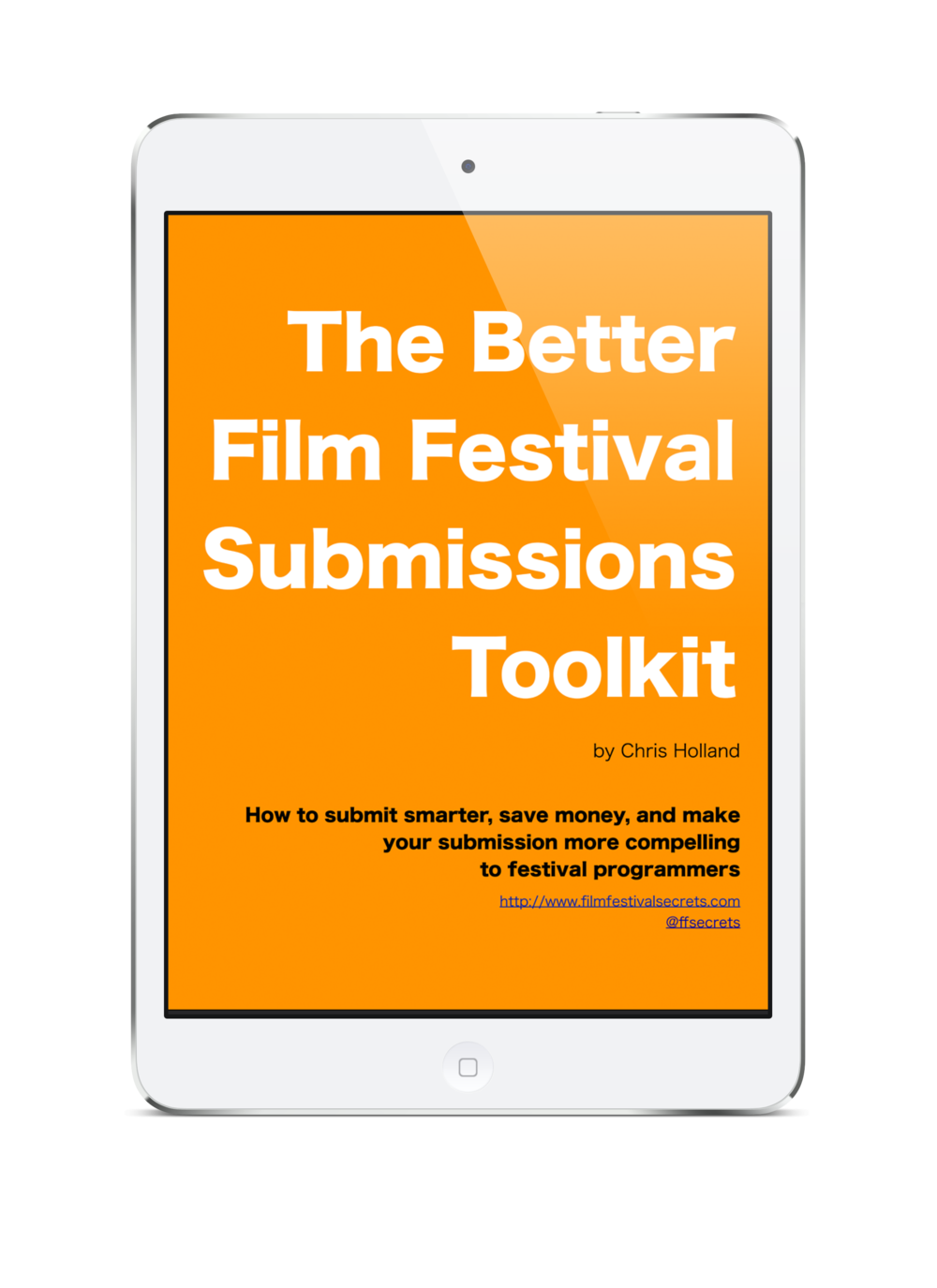
When discussing the film submissions process with festival programmers, I often ask how those programmers keep their submitting filmmakers informed of how the screening process is going. Sometimes they'll tell me that they send out regular updates, but more often I'll get a blank look. With all the work of processing the incoming films, ensuring that those films are watched and graded, and then whittling the better films down to the ones that will actually play the festival, film fest staffers often forget that there are hundreds (sometimes thousands) of people waiting to hear whether their film is one of the lucky few.
The result is a frustrated filmmaker populace that waits months (during which they receive no communication from the festival) only to be rejected – and then sometimes the festival will hit them up to buy a festival pass. Every festival programmer has stories of the angry emails they receive from rejected filmmakers, and it's not difficult to see why that happens. Uncertainty sucks, and uncertainty followed by rejection is even worse.
The antidote, it seems to me, is a series of "weather reports" from the festival. Nothing special, just little updates every few weeks that let the filmmakers know that yes, indeed, their films are being watched, and that their film is up against X number of other films, and that there are actual human beings working hard at the festival to put together the best program possible. The less that filmmakers perceive your event as a black hole into which they threw their film and their money, the better.
One of the programmers who recently took this notion seriously is Charles Judson at the Atlanta Film Festival. His first update went out this past week and it's a doozy.
As the Head of Programming for ATLFF one of my driving missions is to make the submission process less mysterious and more transparent. Since 1976, when ATLFF's parent organization IMAGE Film & Video (renamed to Atlanta Film Festival 365) was founded, we've been a resource for filmmakers. In that spirit, we want to upend the traditional "submit and wait for your acceptance or non-acceptance" mode of communication to give you occasional glimpses into how things are going, things we're seeing and some of our general thoughts.
Admittedly, this is still going to be fairly broad and won't feature specifics about your film, but we're hoping that the four to five updates we'll send between now and Final Selections will be helpful.
Charles could probably have written about 300 words and called it a day, but instead he wrote whole sections on how their judging process works, how many screeners see each film, and the tough decisions programmers make.
The reactions from filmmakers were, predictably, quite positive.
This actually encouraged me to submit my film "The Learning Curve" that I had already decided I would not submit to AFF. My films are known for being dark . . . it's refreshing to hear that films that push the limits are welcomed!
It’s not every day that you hear from festivals trying to keep us in the loop. Messages like yours [go] a long way.
It is heartening to know that the ATLFF is so thorough and rigorous with its viewing/selection process.
For a programmer to get such positive vibes from filmmakers before their films have been selected is pretty rare. It remains to be seen whether Judson's efforts will reduce the level of venom from disappointed directors at rejection time, but I'm betting it will. The Atlanta Film Festival's 2013 event will be held in March - their early deadline is this coming Friday.

 Dan Heching, writing for
Dan Heching, writing for 



